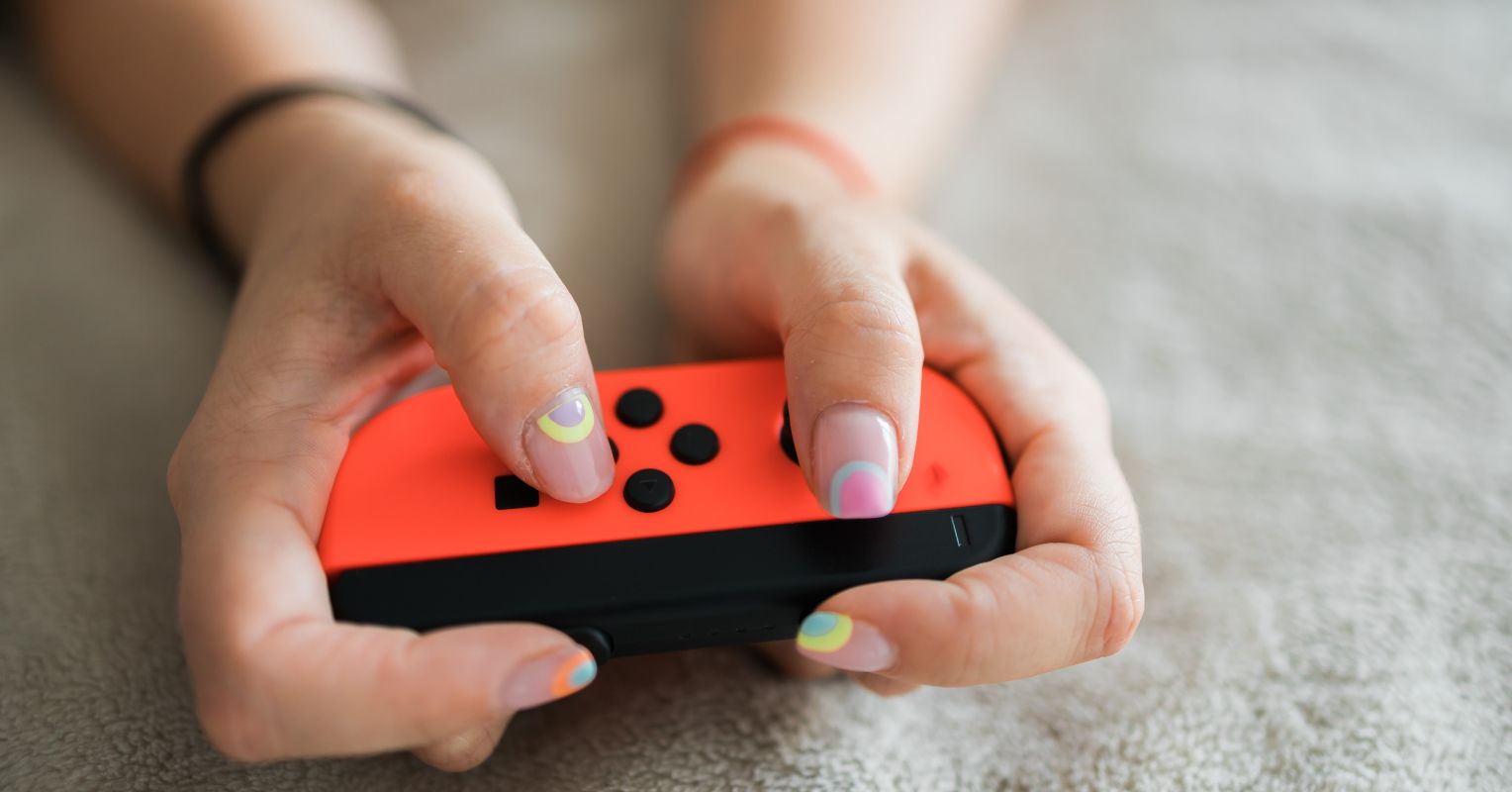
"German researchers found that playing Super Mario augmented gray matter in areas responsible for spatial navigation, strategic planning, working memory, and motor performance."
"Playing Super Mario can be used to counteract known risk factors for mental diseases, such as a smaller hippocampus and prefrontal cortex volume in PTSD and neurodegenerative diseases."
"Marco Carbone describes Super Mario as an ethnically ambivalent figure capable of engaging a global audience through familiar yet vague stereotypes, tying into Italian-ness, Mediterranean-ness, and Latin-ness."
"The Super Mario universe is filled with examples of the Mandela Effect, including false beliefs about Luigi's playability in Super Mario 64."
Playing Super Mario can protect against PTSD, anxiety, and neurodegenerative diseases. The game enhances gray matter volume in areas related to spatial navigation, strategic planning, working memory, and motor performance. It may help relieve symptoms of depression. Nintendo has increased the representation of LGBTQ characters. Super Mario is associated with examples of the Mandela Effect, particularly misconceptions about character roles. Marco Carbone suggests that Super Mario engages a global audience through vague and familiar ethnic stereotypes, representing an ethnically ambivalent figure.
Read at Psychology Today
Unable to calculate read time
Collection
[
|
...
]